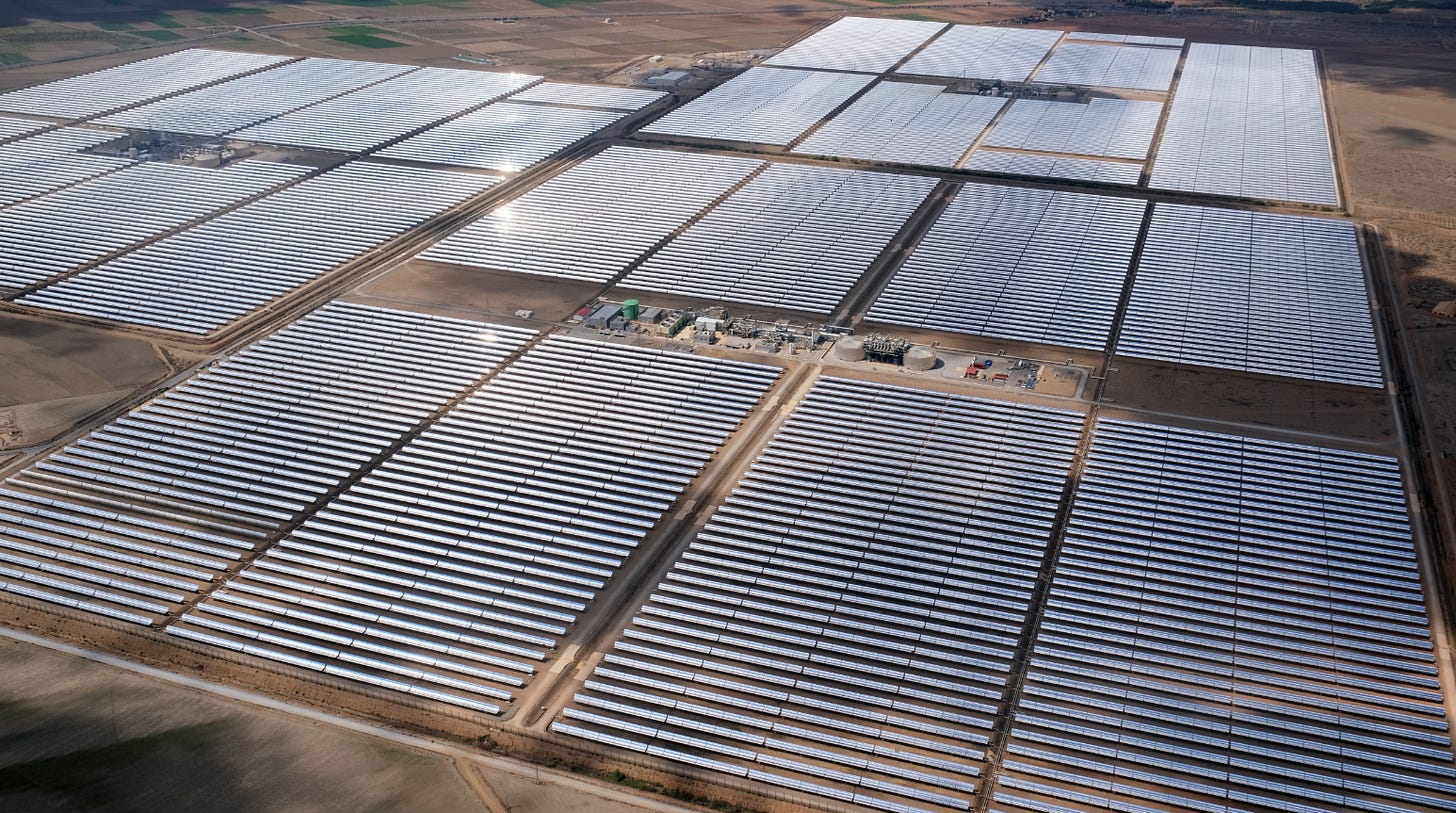The Solar Mirage
Far from being "transformative", solar remains propped up by subsidies, mired in practical challenges and far from 'clean'.
In a long essay of over 5,000 words published in the New Yorker on July 9th, Bill McKibben sings in praise of solar power. He says: "In the past two years, without much notice, solar power has begun to truly transform the world’s energy system." With his characteristic flair for hyperbole, McKibben, Archdeacon of the Church of Climate, paints a rosy picture of solar energy as humanity’s saviour from an alleged climate apocalypse. His narrative is seductive, brimming with optimism about photovoltaic panels blanketing the globe, harnessing the Sun’s inexhaustible energy to power civilisation while averting catastrophe.
Yet, beneath the rhetoric lies a troubling disconnect from reality — a glossing over of inconvenient truths about solar power’s limitations, its economic fallacies and the ideological zeal that drives McKibben’s activism. Far from transforming the world’s energy system, solar power remains a marginal contributor, propped up by subsidies, mired in practical challenges and tethered to a supply chain that undermines its 'clean' credentials.



